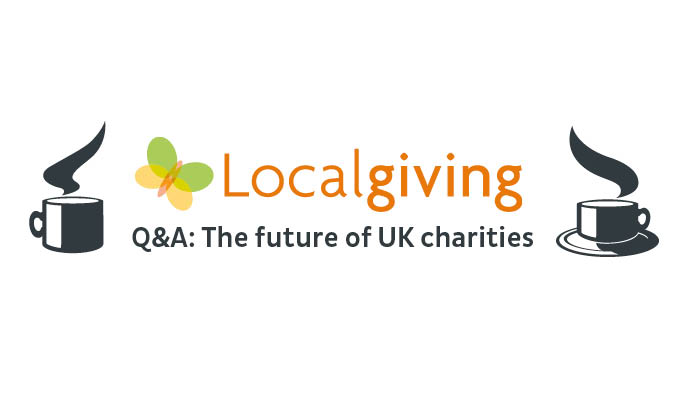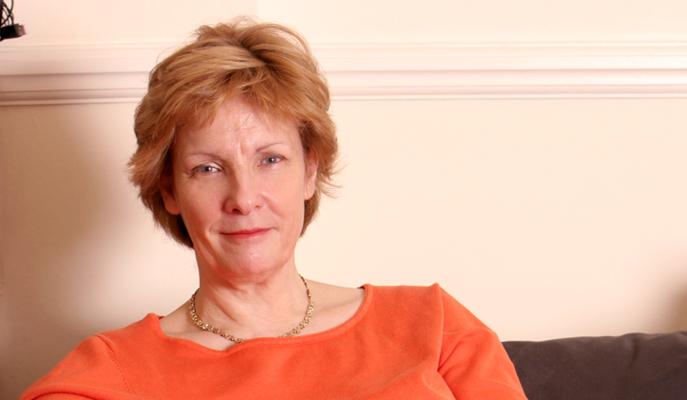Blog
Q&A: Marcelle Speller OBE of Localgiving on the future of UK charities

When Techspark asked us to put together a blog post on ‘tech for good’, we immediately got in touch with Marcelle Speller, Founder and Chairman of Localgiving, a not-for-profit online platform that empowers charitable organisations to connect with supporters, fundraise online and take control of their future.
Localgiving’s purpose is “to safeguard the sustainability of the local voluntary sector”. The platform has just hit the £10m mark in terms of funds delivered.
Our Techspark article was about how ‘tech for good’ companies attract talent and compete in the market – on top of this, however, Marcelle gave us such great insights into the future of digital in the charity sector that we had to share them with you.
Q. What challenges do small charities and community groups face right now?
Smaller, local charities face a number of challenges. Most simply don’t have the infrastructure to fundraise directly online – even though the average online donation is around twice the amount as the average offline donation. Also, they are often too small to register formally as charities and thus claim Gift Aid from HMRC.
With Localgiving, small charities can sign up and use our platform to fundraise online and to qualify for Gift Aid. A third of the charities we work with have an annual income of less than £5000, so access to online channels can be a lifeline.
Q. Can you give an example of a small charity you work with?
Swallowfield Community Responders is a great example. It’s a volunteer group the works with the emergency services to provide 24/7 first responder cover in rural Berkshire. They provide a very efficient service to complement the local health trust ambulance service. However, they constantly need small sums to pay for fuel, bandages and other day-to-day purchases. Online fundraising has been pivotal in keeping the group active and delivering a much-needed local service.
We’ve also created donation-matching products that help smaller charities leverage the donations they receive from supporters – in one case, a £5,000 initial match fund translated into £32,000 of new funds for charities on our platform.
Q. How strong is digital capability among small charities?
There are some really cold spots in terms of charities not using the internet. We can equip charities with online tools, such as automated tweets by donors.
Our charity engagement team was able to increase online confidence among 175 charities it worked with, from 41% to 96%. Those charities also exceeded their fundraising targets.
Q. How can charities make better use of tech and digital in the future?
Right now the power equation is against the charities. Take grant applications: a small charity can make up to 70 applications for every grant received.
In theory, there is the technology to build a centralised database where donors can set out their needs, and charities can make one application. This could also be accessed by the public and the charity’s beneficiaries.
We’re working on creating a network of all the information you need to start and run a charity or community group, providing a convenient online hub to share best practices.
Finally, we could take the very granular social measurement data compiled by organisations like Local Futures and map it against local charity outcomes and performance.
Q. What opportunities and challenges does that create for ‘tech people’ working in the charity sector?
It’s exciting because we are drawing on more sources of inspiration and innovation – we are not just drawing on the tech sector and the business sector, our people have to learn different skills and draw upon frontline experiences of social engagement.
